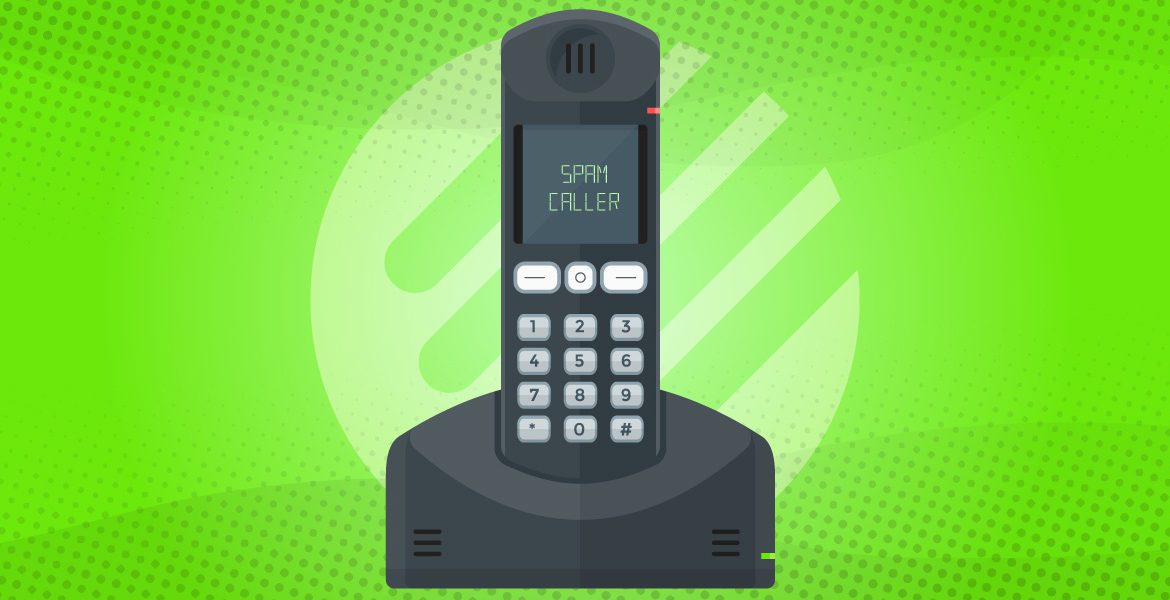It’s becoming an all-too-familiar scenario: the phone rings and what appears to be a legitimate call from a reputable company turns into a consumer’s worst nightmare. Phone scammers are finding clever ways to defraud people, and the FCC is warning that the latest scam to circulate is one in which the caller claims to offer auto warranties.
Keep reading to find out what the scammers are doing, and how you can protect yourself from identity theft.
What the Auto Warranty Scam Looks Like
There are some telltale signs that there may be more to that legitimate-seeming phone call than meets the eye. Here is what to look for if you receive such a call:
Spoofing: The name on the caller ID may be that of a reputable company, but scammers disguise themselves in this way by falsifying the name and number displayed on your caller ID screen.
Recording or automated message: If you happen to take the call, be wary of an automated message instructing you to press a button, under the pretense that doing so will remove you from their call list. What this action really does is identify you for the scammer. The message may also tell you to press a button to be transferred to a live person.
If you get a live person on the line, they’ll ask if you still own a certain vehicle. When the vehicle they name is one you own, it makes the caller sound legitimate and they are that much closer to gaining your trust.
The scammer points out that your vehicle is out of (or almost out of) warranty, or your insurance has lapsed. With a sense of urgency, the scammer will ply you with offers of new warranty coverage and scare tactics about how a breakdown could pose a financial hardship.
As the fraudster chips away at your confidence, he persuades you to provide credit card and bank account information, driver’s license number, and Social Security number. When it gets to this point, it is very hard to recover.

How to Protect Yourself
There is no reason the scammers should get anywhere with their fraudulence. Some simple safety practices will stop them in their tracks.
Do not give out any personal information, banking or credit card numbers, or anything else of that nature unless you have verified with 100% certainty that the person you are dealing with is from a company with whom you intend to do business.
Hang up and call the phone number of the company on whose behalf the caller claimed to be calling, and verify if they were trying to reach you. Be sure to dial the number on your billing statement or the organization’s website, to avoid inadvertently calling the scammer back.
File a complaint with the Federal Communications Commission as well as with the Federal Trade Commission. Although this will not provide compensation for damages, it will help bring awareness to scams by having a record of your experience. These reports are also used in investigations of fraudulent activity and in bringing cases against scammers.
Share what happened with everyone you can. The more people who know about the scam, the more people will avoid it, and the sooner the scam will abate. Only getting caught will irk a fraudster more than his scam going viral to the point where no one falls for it anymore.
Look into phone safety tools like Terminating Call Manager and ManageMyCalls, which offer additional protection against identity theft.
Scams are evolving all the time. Today it is fake auto warranties; tomorrow it may be something completely new. When you know the signs and some safety practices, and stay vigilant, you can protect yourself from financial devastation. When you pass your knowledge along, you empower others to stay safe too.






